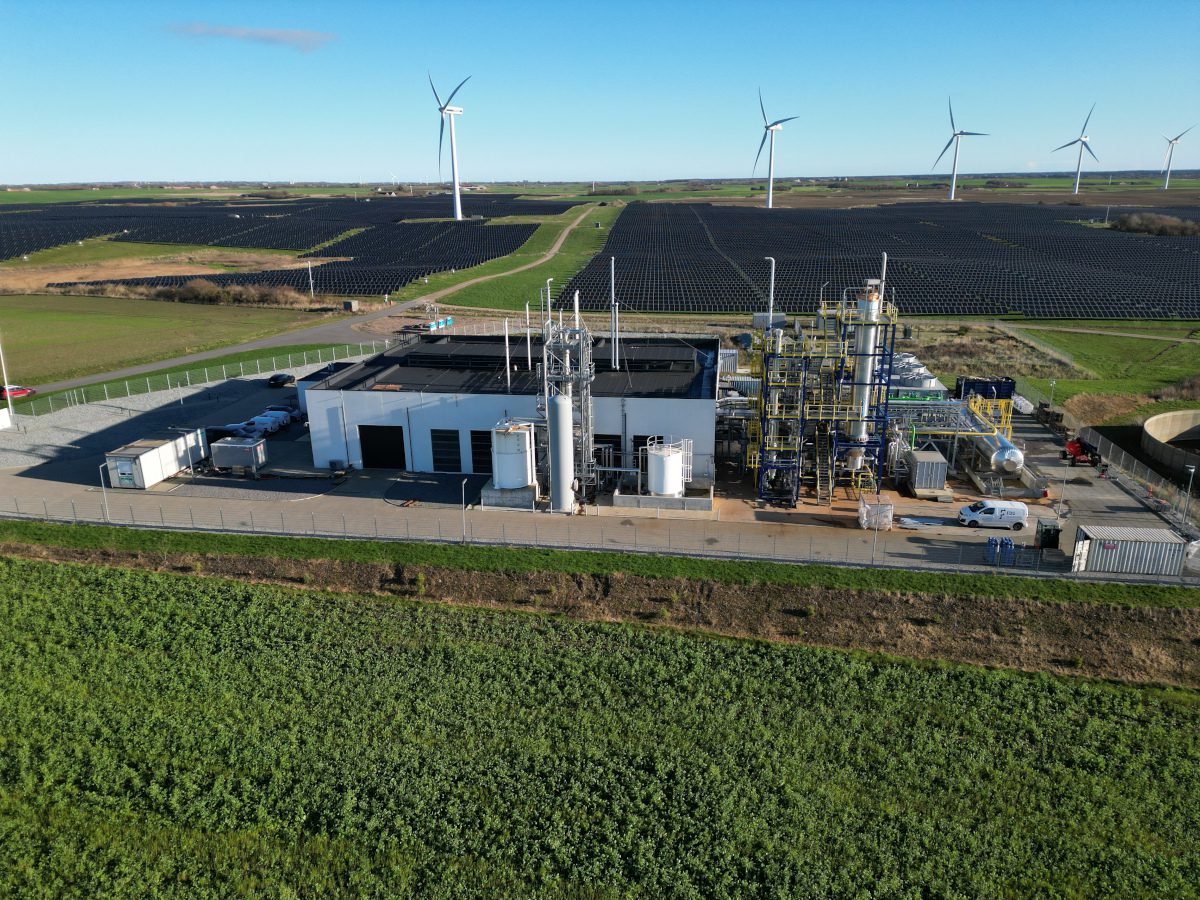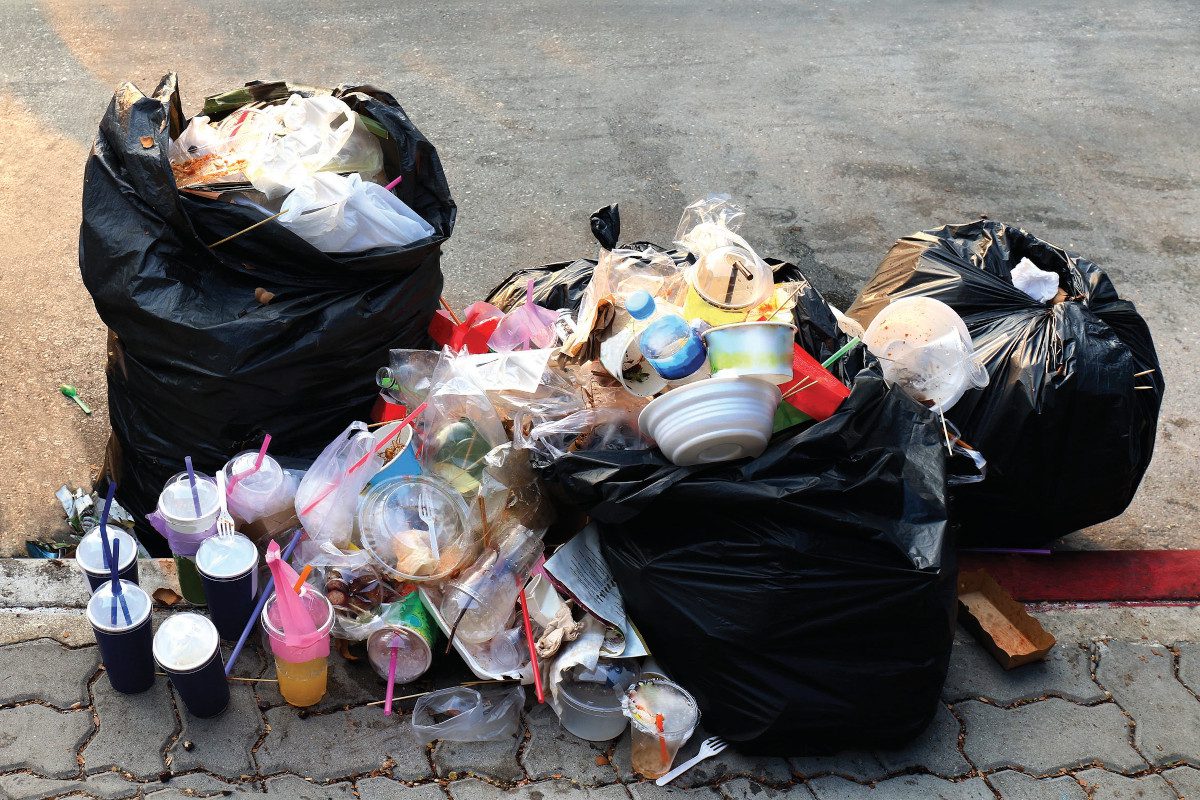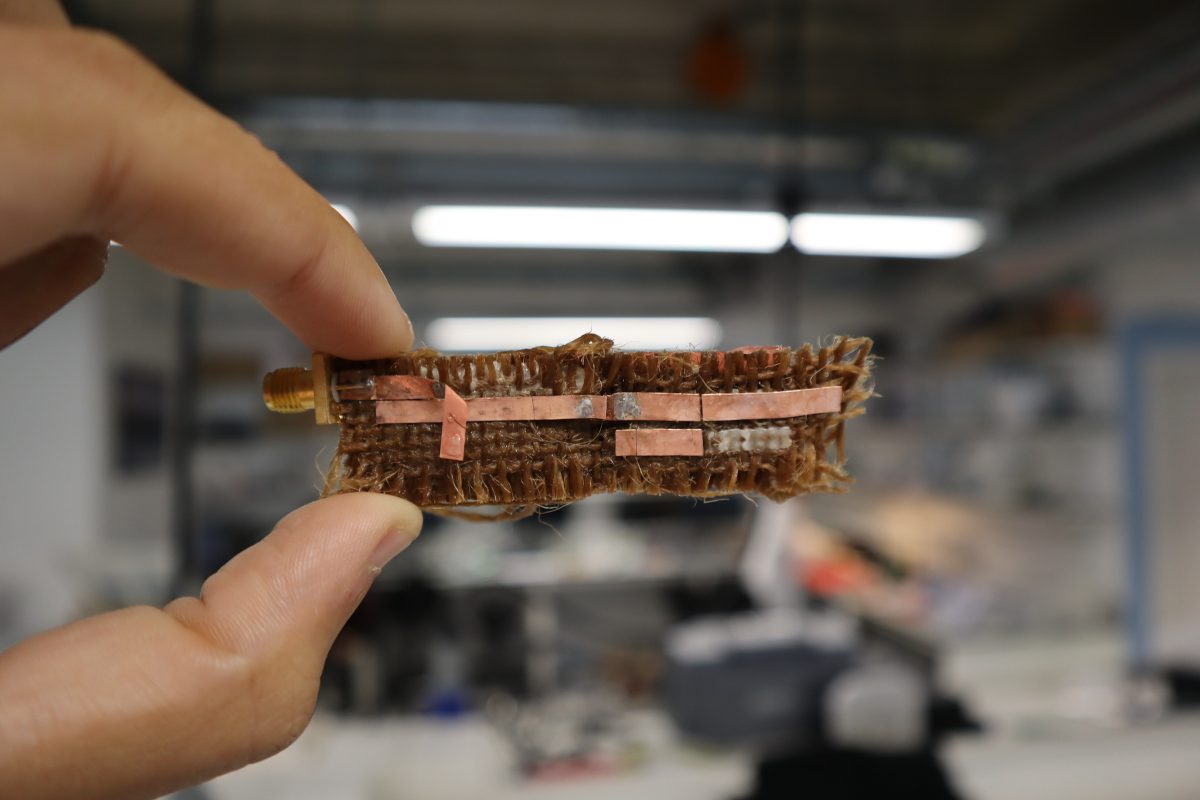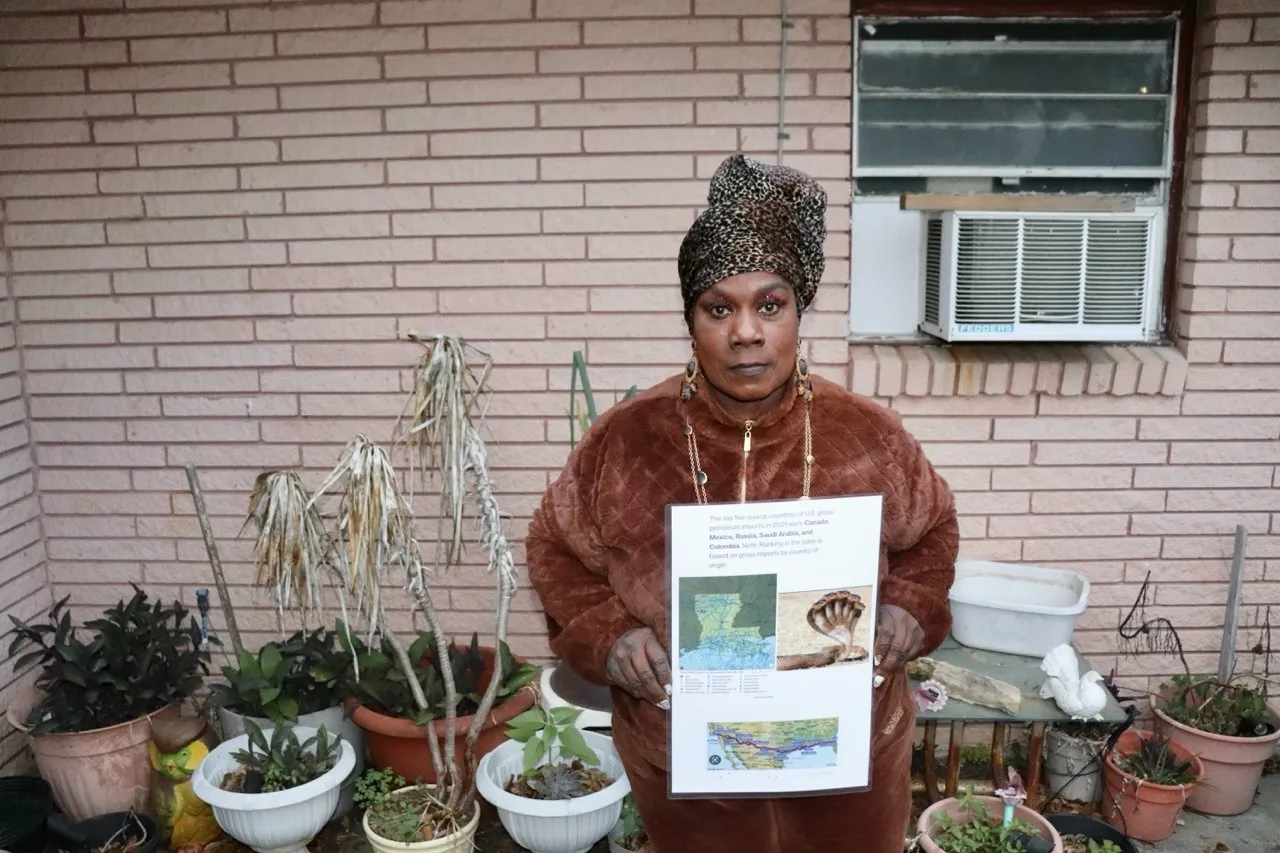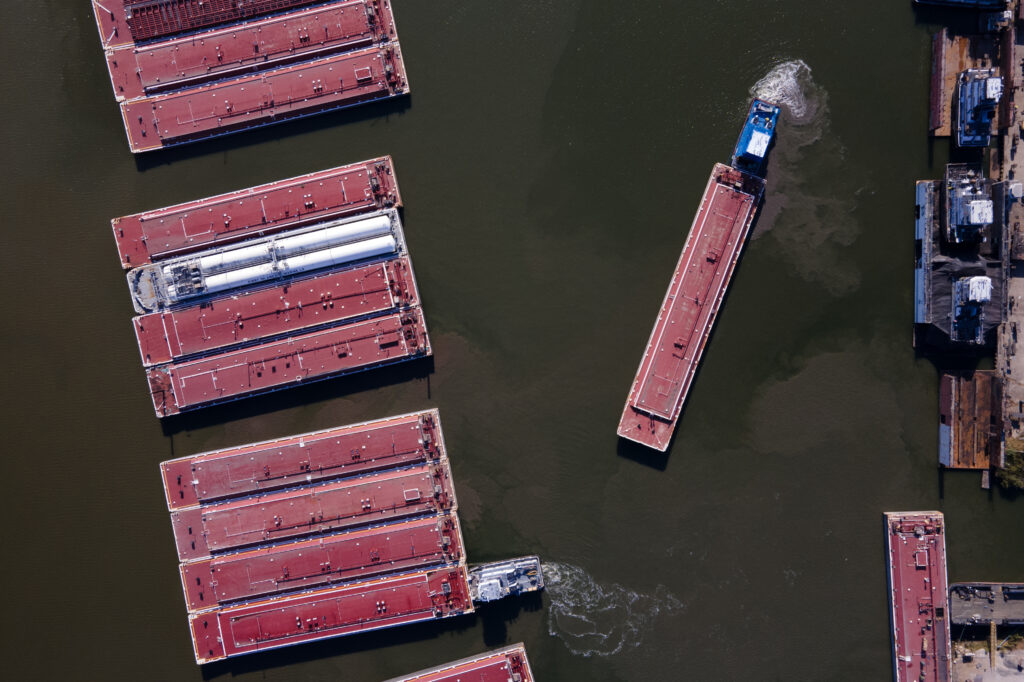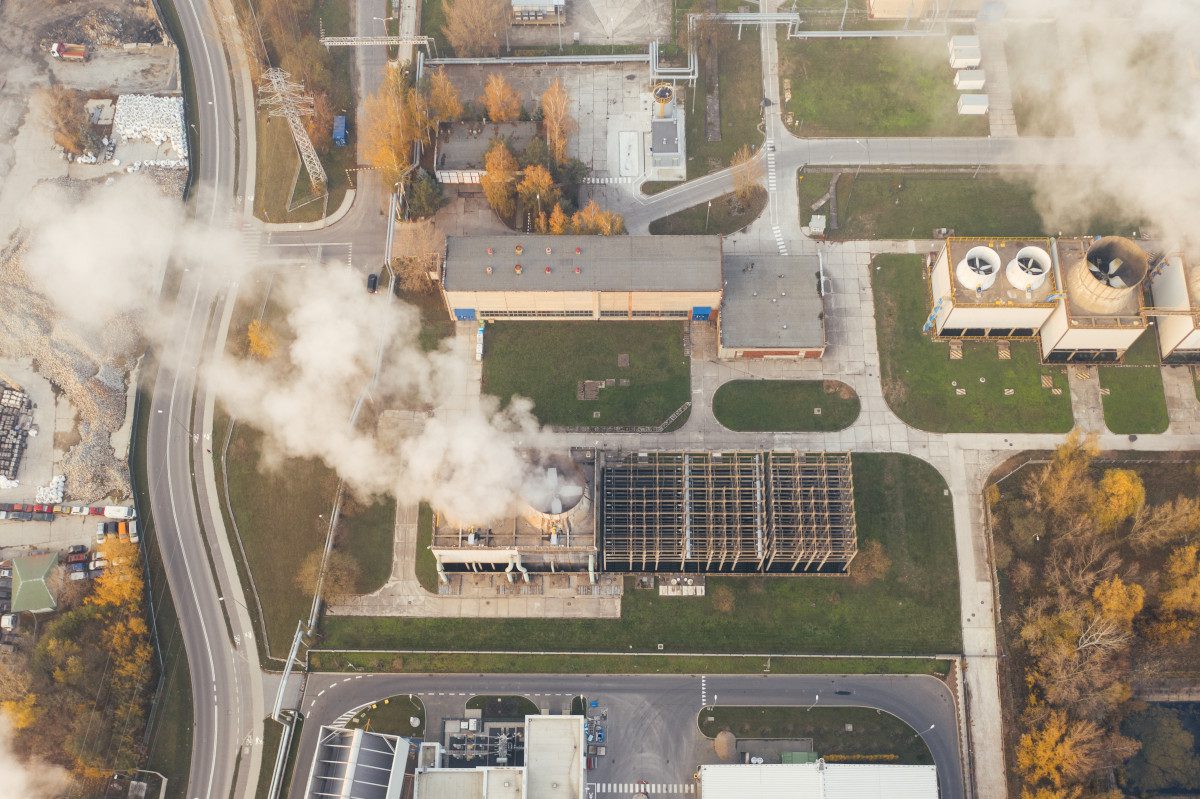The Textile Recycling Association (TRA) are sounding the alarm about the imminent collapse of the textile recycling sector due to global market challenges.
“As the recognised trade association for over 75% of the UK’s Used Textiles collectors and sorters, we have been made aware of their plight by our members,” said the statement. “There is real fear in the industry about being unable to collect from charity shops, recycling centres and community textile banks, due to reaching capacity at processing plants.”
The wider impact of the UK sector not collecting waste textiles will result in devastating environmental consequences, said the group, including microplastic pollution, water pollution, and the accumulation of textile waste in landfills. Globally, 92 million tonnes of textile waste are produced each year – the equivalent of the height of Mount Everest every 7 minutes, or a rubbish truck’s worth of textiles being thrown away every second.
The used textiles industry in the UK is valued at over one billion pounds annually, impacting sectors such as UK Charities, Local Waste Authorities, the Logistics Industry, the Packaging Industry, and will affect 1 in every 25 jobs in the UK.
Furthermore, European countries potentially halting textile sorting operations compound the industry’s fears for the sector’s future. France, Denmark, Sweden, Finland, and Austria have proposed a ban on the export of ‘used’ textiles within the EU, signalling a significant shift in policy.
The crisis in the Red Sea which is disrupting shipping lines, has significantly escalated operational costs for textile merchants. Coupled with increasing taxation from African and Asian markets and mounting pressure to curb waste exports, the industry faces immense financial strain.
According to a statement on the group’s website, “fast fashion has intensified the influx of low-quality textiles into the recycling stream. This has further driven up operational costs, pushing many textile merchants to the brink of financial collapse.”
“The TRA urges the UK Government to step in and regulate the industry including an introduction of an EPR scheme (Extended Producer Responsibility). Transparent dialogue and concerted efforts are needed to support a sustainable industry.”
“The TRA remains steadfast in its commitment to advocating for the interests of textile merchants and fostering collaboration within the industry to overcome these obstacles.”






